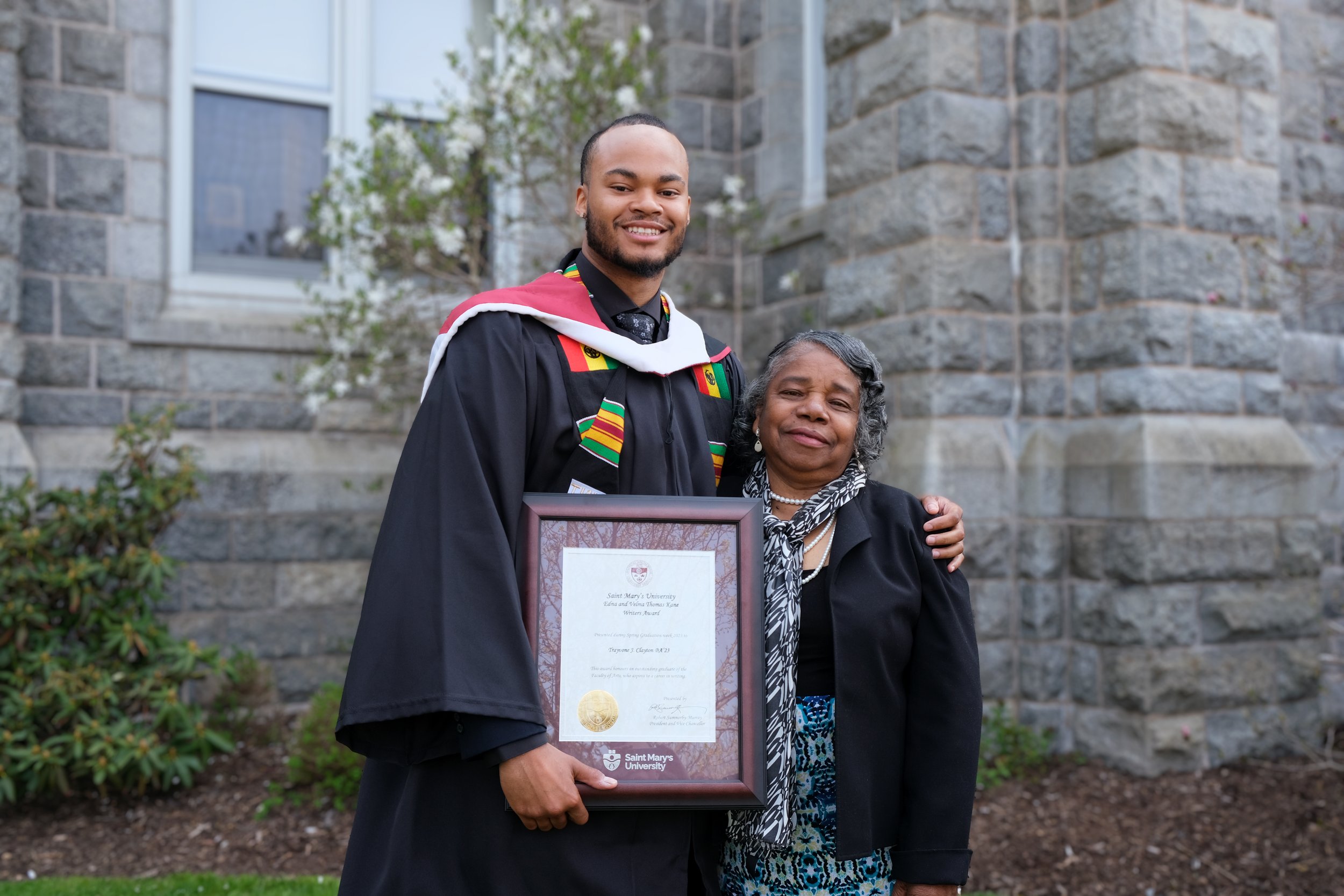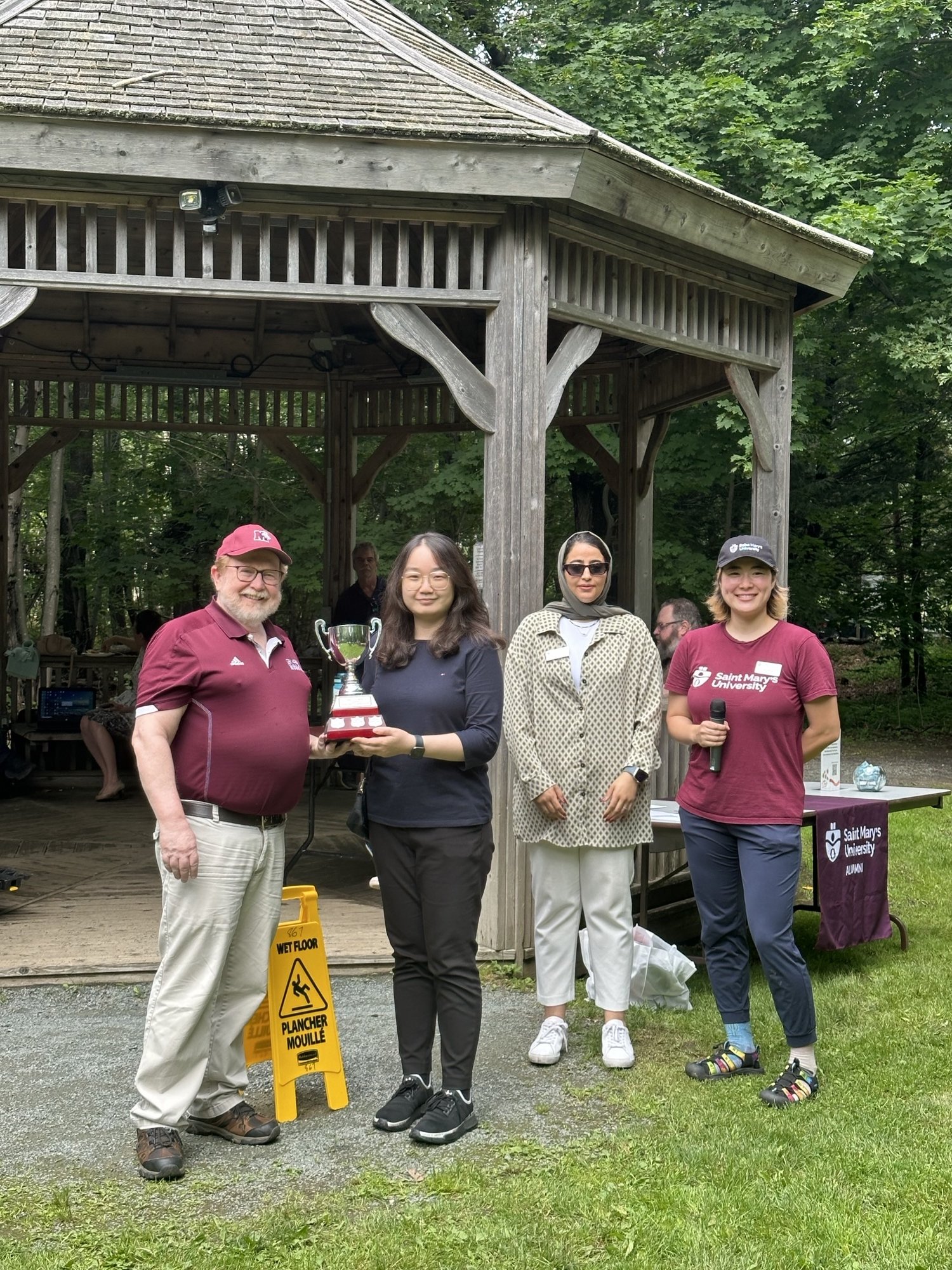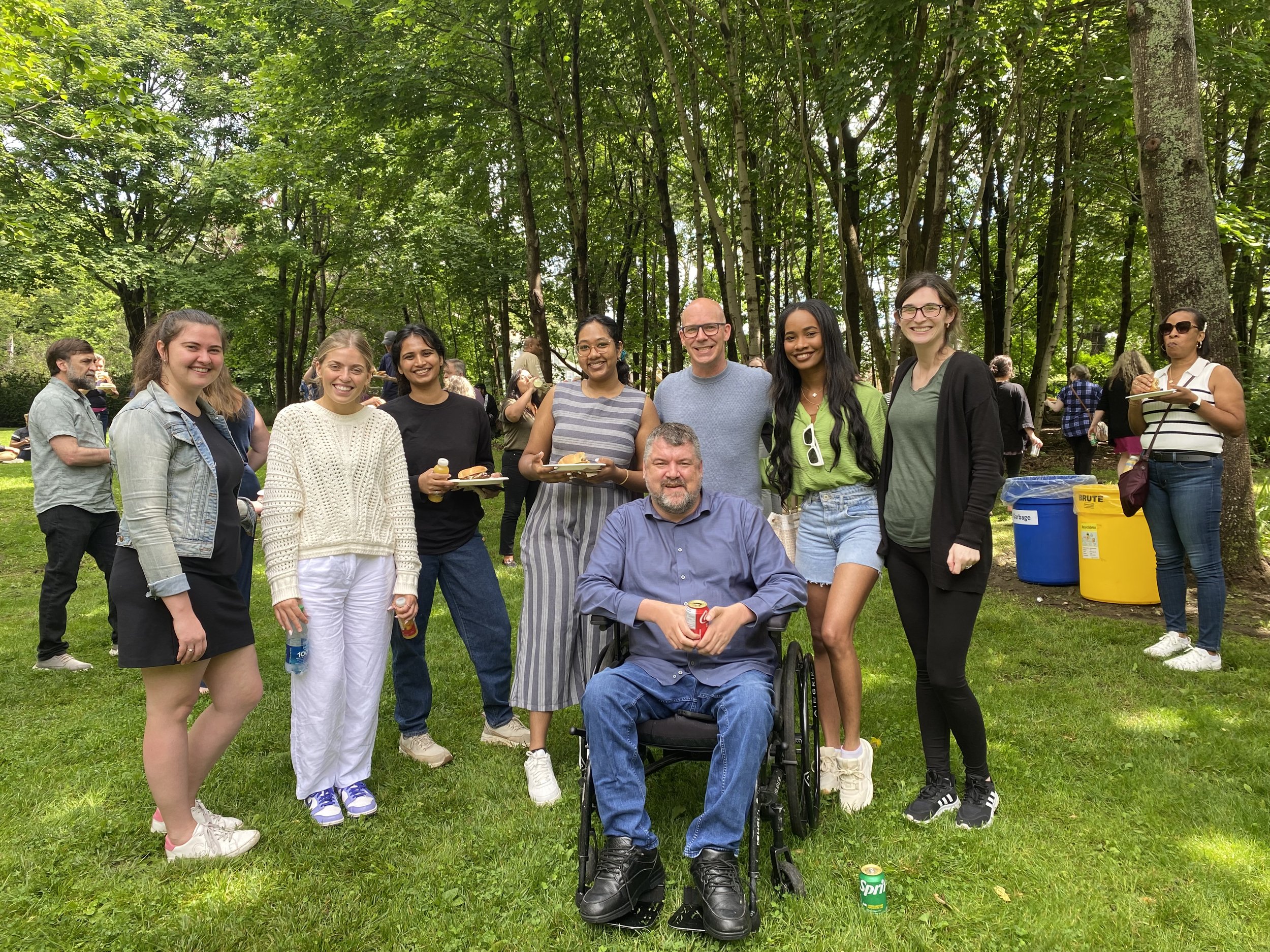The Sobey School of Business, the largest business school in Atlantic Canada and one of the top business schools in Canada, has received the Business School Impact System (BSIS) designation for a second time in recognition of its intellectual and social impact on Nova Scotia and beyond.
“We were advised today that we have again received the BSIS designation confirming that the Sobey School’s impact reaches far beyond its economic contribution and also influences the business and cultural life of the Atlantic Region,” says Saint Mary’s University President, Dr. Rob Summerby-Murray.
“Saint Mary’s University is known for our research that addresses real-world problems and for our strong partnerships with local businesses and communities. The BSIS designation demonstrates the role of the Sobey School in fulfilling these key strategic priorities for the University.”
In 2016, the Sobey School was the first business school in North America to be awarded the BSIS label for its economic impact, and now is the only one to receive a second affirmation, this time for its intellectual and societal impact. An international review team using a methodology developed by the European Foundation for Management Development (EFMD), the leading international network in the field of management education, re-examined the business school over a three-year period (2020-2022).
Sobey School professor Ather Akbari with students on the Halifax waterfront
“This BSIS reassessment has seen SSB confirm its position as a strong and highly visible business school, firmly embedded in the business and cultural life of the region. The impact demonstrated on the impact zone since the first BSIS assessment in 2016 is compelling in terms of scope and ambition. The commitment of the leadership team, faculty and staff has ensured that the school continues to make significant impact gains across the intellectual and societal impact dimensions.” BSIS Final Report, July 2023
The BSIS external review is a comprehensive and multi-dimensional assessment process that evaluated a business school's impact on its region. Reviewers examined the Sobey School faculty’s scholarly publications and a pre-visit report and then conducted a campus visit in March 2023. In their Impact Report, reviewers noted key accomplishments related to intellectual impact.
An impressive 94% of faculty are active researchers; 70 Sobey School faculty members have produced 223 journal papers in 173 different journals.
Research topics are based on regional problems with a national or global relevance.
Conferences profile the intellectual impact of the School with significant number of conference papers and presentations and two large academic conferences hosted on campus.
Local managers are enthusiastic about the professional development benefits they gain from collaboration with the Sobey School.
The School has demonstrable strength in developing and sustaining research partnerships with regional companies and organisations (32 over the past 3 years).
The BSIS review team also noted that the School has a growing reputation for its societal impact through research and teaching as well as its own Corporate Social Responsibility (CSR) and sustainability initiatives. Evidence of the School’s commitment to CSR includes:
92% of business students receive instruction in CSR and sustainable development and have the opportunity to work with businesses.
The Sobey School is one of the Principles of Responsible Management Education (PRME) signatories since 2014 and PRME champions since 2020.
CSR and sustainability are attractive to actual and potential students.
There is wide evidence of activity mapping against the UN’s Sustainable Development Goals (SDGs) (teaching, research and engagement activities).
Societal research is growing in impact and visibility with 48 professors focused on societal research through four research groups.
Service learning is a clear differentiator for the school and its students.
Saint Mary’s University reduced carbon emissions by an impressive 40% in 2022 and is installing one of North America’s tallest solar arrays on its path to green energy production.
“It is gratifying to receive external validation that our commitment to social responsibility and sustainability is a distinguishing hallmark for the Sobey School. We know that this differentiator attracts students, and helps faculty and students stay connected, says Acting Dean, Mark Raymond. “Service learning is now embedded in our renewed BComm Program – it’s another example of the School’s impact on business and society.”
In 2016, a BSIS review found that the Sobey School had a financial and economic impact of $329 million on the Province of Nova Scotia.
About BSIS
The Business School Impact System (BSIS) scheme is designed to determine the extent of a school’s impact on its local environment – the city or region in which it is located. The BSIS process is offered in collaboration between EFMD Global and FNEGE (Fondation Nationale pour l’Enseignement en Gestion des Entreprises), as a service to EFMD members in any part of the world. The impact of the business school is analysed based on the following seven areas of impact: financial, educational, business development impact as well as intellectual, societal, image, and impact within the impact zone selected by the school and its regional ecosystem.
There are currently 63 schools across 19 countries that have received the BSIS label.























